Maputo Central Hospital, a 'Noah's Ark' of foreign doctors for 50 years
Cabo Delgado displaced women, girls forced into prostitution to get food – CIP
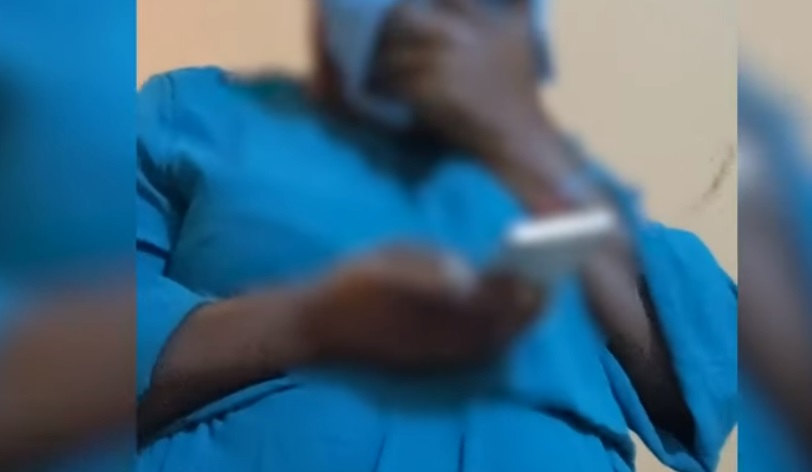
Screen grab: CIP
The Mozambican non-governmental organisation (NGO) Centro de Integridade Pública (Center for Public Integrity) on Monday denounced cases of prostitution and sexual exploitation of displaced people on the poverty line in Cabo Delgado, a province affected by an armed insurgency.
“A considerable number of women and girls, who have left their areas of origin due to insurgent attacks in Cabo Delgado province, are resorting to selling sex as a means of survival. In addition, others are lured into having sex in exchange for food and other means of subsistence,” says a report by the NGO.
The survey, conducted in October 2022, covered Pemba, Metuge, Montepuez and Chiúre, districts with about 50% of the population displaced due to the armed conflict in Cabo Delgado, according to the Centre for Public Integrity (CIP).
“The sale of sex by displaced women occurs mostly in urban centres, areas where the activity is relatively more profitable,” the document said, adding that the amounts of money demanded by the women normally range from 20 meticais (€0.29) to 500 meticais (seven euros).
According to CIP, girls, between 15 and 19 years old, are generally the most requested, at a time when there is a reduction in funds for food assistance among humanitarian agencies supporting the population affected by the conflict.
“The profile of the clients depends on the area where the displaced women prostitute themselves. In urban centres, the clientele is much more diverse. It ranges from young people to adults able to pay above 100 meticais [€1.4]. In accommodation centres, the scenario is different. The main clients are low-income individuals, mostly from the surrounding neighbourhoods,” the document adds.
The CIP research also alerts to the rise of HIV cases among displaced women, at least in Metuge, a fact confirmed by local health authorities, according to the organisation.
The Metuge District Hospital, a district with one of the main accommodation centres, has advanced that by 2022, the number of displaced women diagnosed with HIV had increased by 50%, the NGO stresses.
“The hospital attends on an average 100 displaced women per month. Until 2020, the health facility diagnosed three cases of HIV in displaced women per month. By 2022, the number had risen to seven cases per month,” the report said.
The Mozambican government has opted to disseminate “green lines” for reporting cases of sexual exploitation in reception centres, but, according to CIP, in the centres of Metuge, Montepuez and Chiúre, far from urban areas, the mechanisms are inefficient.
“These mechanisms are simply not available. Women victims of sexual exploitation, by the heads of the centres, rarely report the cases, on the one hand for fear of retaliation or stigma, and on the other hand because protection mechanisms for whistleblowers are not available,” the report adds.
The NGO suggests strengthening mechanisms for reporting cases of sexual exploitation, as well as adopting strategies to garner more support that encourage self-support, especially among women.
“Cases of sex selling and sexual exploitation of displaced women are not isolated, but rather are the result of a number of structural constraints in humanitarian assistance,” the report concludes.
For five years, Cabo Delgado province has faced an armed insurgency with some attacks claimed by the extremist group Islamic State.
The insurgency has led to a military response since July 2021 with support from Rwanda and the Southern African Development Community (SADC), liberating districts near gas projects, but new waves of attacks have emerged south of the region and in neighbouring Nampula province.
The conflict has left one million people displaced, according to the United Nations High Commissioner for Refugees (UNHCR), and around 4,000 dead, according to the ACLED conflict registration project.




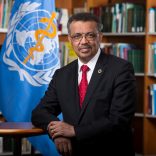
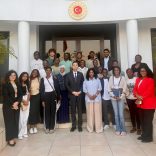
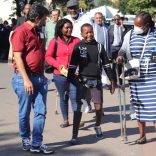
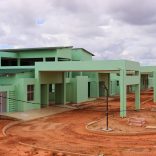




Leave a Reply
Be the First to Comment!
You must be logged in to post a comment.
You must be logged in to post a comment.